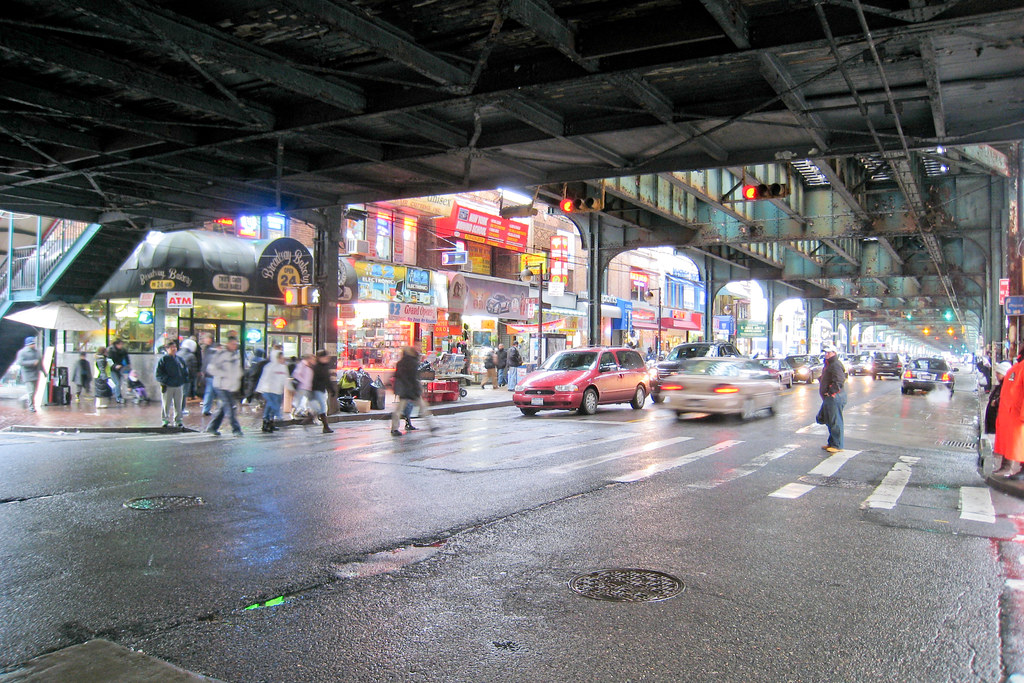Several Queens-based business leaders are featured in a recent report that offers a blueprint with a number of policy ideas for helping New York City’s minority-owned businesses make a full recovery from the COVID-19 pandemic.
The Center for an Urban Future released its study last month that puts a focus on supporting new BIPOC entrepreneurs and investing in neighborhood-based small business services that help existing minority-owned businesses become stronger, more competitive and more resilient.
The report calls for establishing a Technical Assistance Corps that would bring door-to-door counseling to every small business operating in a low- or middle-income neighborhood by the end of 2022. The corps would provide new resources to help expand staff capacity of effective community-based organizations (CBOs) and tap local MBA students, retired business executives and even out-of-school young adults who have lived and worked in these communities, speak the language of local business owners and have expertise to offer.
“In a community like ours, with limited resources, small businesses are not getting information quickly enough,” 82nd Street Partnership Executive Director Leslie Ramos said. “The city needs to start decentralizing some of its business assistance. We have a population for whom websites or the Business Solutions Centers are not working. Instead, businesses turn to offices like mine, where we are bilingual, and we understand the culture.”
The 82nd Street Partnership is the business improvement district in Jackson Heights.
“I’m supposed to be serving two-and-a-half blocks in a small pocket of the neighborhood, but during emergencies, I wind up serving businesses all through Queens and Brooklyn,” Ramos said. “The fact that I’m getting all of those businesses showing up at my education and PPE distributions events shows that there’s a failure.”
Among other things, the report urges Mayor Eric Adams and the incoming City Council to set a goal of creating 10,000 Black- and Latino-owned businesses over the next five years, build new infrastructure to support commercial districts that don’t have BIDs and to create neighborhood-level, post-pandemic marketing campaigns to promote local shopping, dining and services.
“You need boots on the ground,” said Joyce Moy, who ran the Small Business Development Center at LaGuardia Community college in Long Island City. “Our SBDC was most successful during the economic crisis after 9/11 when our teams went door to door. The businesses appreciated the human contact.”
The report indicates that there are signs that growing numbers of New Yorkers are starting businesses. With targeted policies, the city can ensure that Black and Latino entrepreneurs are a big part of this entrepreneurial renaissance, but better communications are essential for these startups like new dining establishments.
“The new requirements are not getting to the restaurants fast enough. A lot of times they are first hearing about a new rule or requirement when an inspector shows up,” Queens Economic Development Corporation Deputy Director Ricardi Calixti said. “The communications gap is serious. Sometimes the BIDs are available to share that information, but if there’s not a BID in their neighborhood, it’s like they’re completely disconnected from the rest of the city.”
The Center for an Urban Future is an independent think tank focused on creating a more inclusive economy in the five boroughs and expanding economic activity for all New Yorkers.
“New York needs a long-term small business recovery plan that is squarely focused on boosting the smallest, most vulnerable businesses — one that supports them on the long recovery ahead and gives them the best chance of coming back even stronger,” Center for an Urban Future Executive Director Jonathan Bowles said. “This will require an enormous push to meet small businesses where they are.”



































